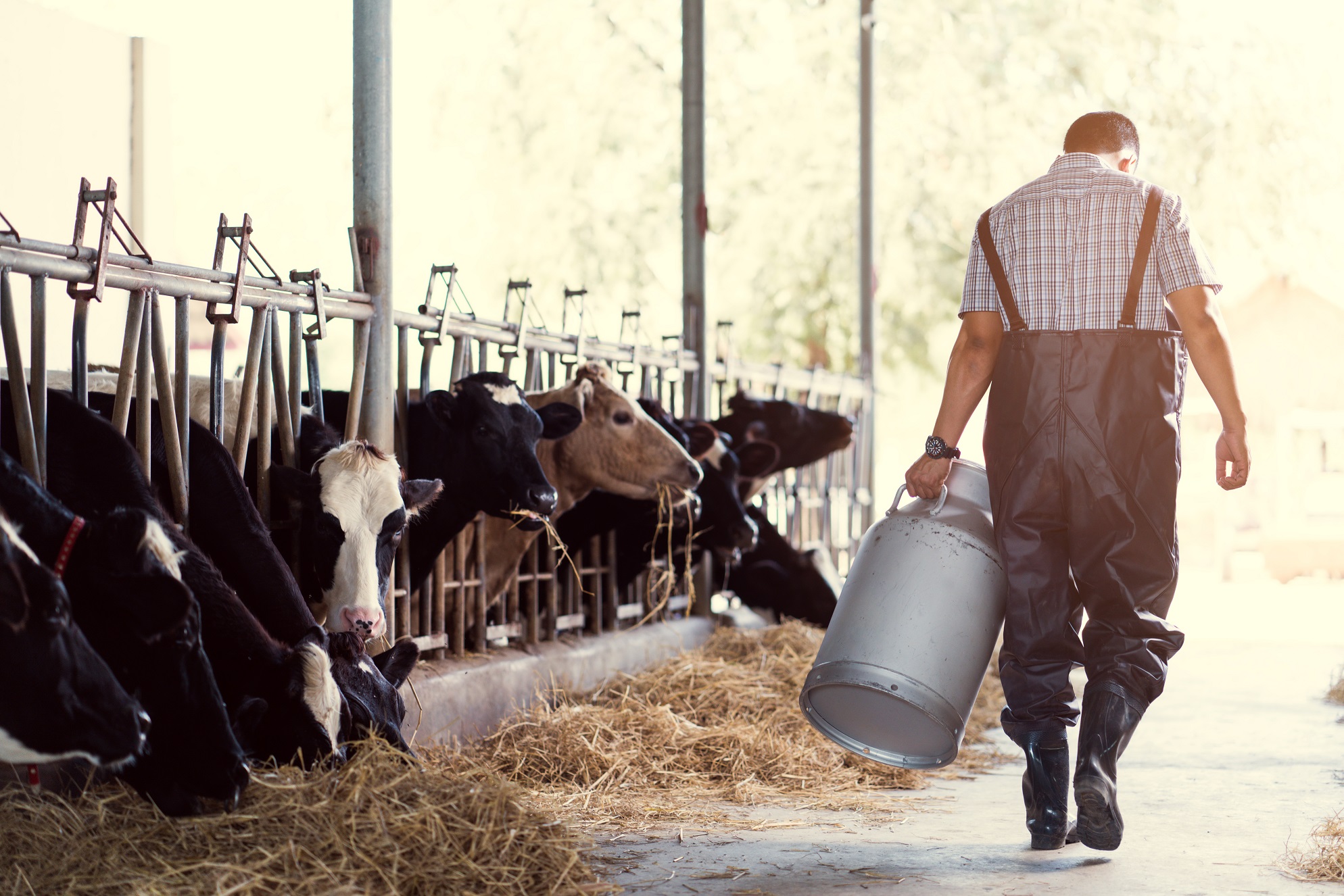ACCC commences proceedings against dairy processor under the Dairy Code
If you are a dairy farmer and want to supply your milk to a processor, there are a number of things to consider since the Dairy Code came into effect. Navigating the terms of Milk Supply Agreements provided to you can be a complex task and it is important that before you enter into any of these agreements, you understand the processors obligations and your rights.
The Australian Competition and Consumer Commission case discussed in this article (in addition to our previous articles on the Dairy Code) can act as a reminder of what to look out for when a processor approaches you or when you are making the decision of which processor to work with. Be sure to not only understand your rights, but to understand what the processors obligations are under the Dairy Code – and if those obligations are being met by that processor.
The Dairy Code
The Competition and Consumer (Industry Codes—Dairy) Regulations 2019 (Cth) (the Dairy Code) came into effect on 1 January 2020 with the intention to improve clarity and transparency of trading arrangements between dairy farmers and those buying their milk, by enforcing minimum standards of conduct for business practices.
The Dairy Code applies to dealings between a dairy farmer and any corporation that purchases milk directly from them. The Code refers to these parties as ‘processors’, and they may include supermarkets, milk brokers, cooperatives or corporations created for the purposes of collective bargaining.
Processors are now subject to the following obligations under the Dairy Code (amongst others):
- Processors who intend to supply milk during the next financial year, must publish one or more standard form Milk Supply Agreements (MSA’s) by 2pm on 1 June each year and must include a statement of the circumstances in which it would enter into each of those MSA’s (section 12(2) of the Dairy Code);
- If a processor would enter into an exclusive MSA in certain circumstances, the processors must publish the standard form exclusive MSA, as well as the form of a non-exclusive MSA that the processor would enter into in those circumstances (sections 12(2)-(5) of the Dairy Code);
- The MSA must be in plain English and consist of a single document (section 22 of the Dairy Code); and
- The MSA must specify circumstances in which the processor may unilaterally terminate the agreement (if any). Where specified, those circumstances must involve a material breach of the agreement (section 34(2) and (3) of the Dairy Code).
For more information regarding the Dairy Code and its application, please see our article The Dairy Code of Conduct: what farmers and processors need to know.
Breach
The Australian Competition and Consumer Commission (ACCC) have commenced proceedings for the first time for alleged breaches of the Dairy Code against Lactalis Australia Pty Ltd (Lactalis). This is a stark reminder to processors that the Dairy Code is now well and truly in effect, and the ACCC are enforcing it.
Lactalis is one of Australia’s largest dairy processors and purchases milk from over 400 dairy farmers across Australia, being the umbrella company of brands such as Pauls, Oak, Vaalia and Ice Break.
The ACCC is alleging that Lactalis:
- Failed to make its MSA’s publically available on its website by the deadline of 2.00pm on 1 June 2020 as required by the Dairy Code. Instead Lactalis opted to require farmers to sign up to a mailing list to receive a copy of the MSA’s.
- Failed to publish genuine non-exclusive milk supply agreements, which is a key requirement under the Dairy Code as it gives farmers more flexibility in choosing who to supply to. Instead, Lactalis required farmers to supply a minimum of 90 per cent of their monthly production volume.
The ACCC have alleged that this has the practical effect of preventing most farmers from supplying milk to any other processor and thus forcing the farmer to either elect to supply to Lactalis exclusively, or not at all. Further, by 17 June 2020 Lactalis had published standard form exclusive MSA’s but had failed to publish standard form non-exclusive MSA’s.
- Failed to comply with the ‘single document’ requirement by failing to provide farmers with all three documents that made up Lactalis’ milk supply agreement. In a majority of cases, only one of the three documents was provided to farmers at the time the agreement was executed.
- Had published and entered into MSA’s with farmers that permitted it to terminate the MSA when, in the opinion of Lactalis, the farmer had engaged in “public denigration” of processors, key customers or other stakeholders. Therefore giving Lactalis a right to terminate the MSA.
The ACCC has alleged that despite disparagement being defined as a ‘material breach’ of Lactalis’ MSA’s, a breach of such a clause, would not constitute a material breach of an MSA under the Dairy Code.
We will provide updates as this case progresses through the Federal Court.
Key reminders
For processors
Your MSA’s should be finalised and published on your website by the 2pm deadline on 1 June each year.
Ensure all MSA’s are Dairy Code complaint, including but not limited to:
- Both exclusive and non-exclusive MSA’s are published (including the circumstances where each apply);
- The MSA is contained in a single document;
- Termination rights are consistent with the Dairy Code.
For farmers
When determining which processor you want to work with, have a look at the MSA’s on that processor’s website. Based on the information contained in this article, does it appear as though they are meeting their obligations under the Dairy Code?
If you are unsure of your rights under the Dairy Code or are concerned by any aspect of an MSA, be sure to seek legal advice regarding your rights under these agreements prior to signing them.










